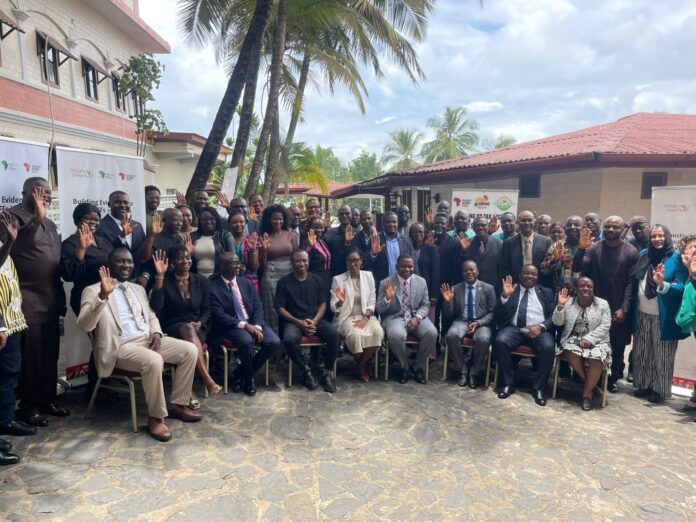Monrovia, Liberia – Liberia has become the fifth African nation to pilot a new policy tool designed to tackle illicit financial flows (IFFs), a problem that costs the continent over $88 billion annually.
From September 1–3, 2025, policymakers, civil society actors, international experts, and development partners gathered in Monrovia for a three-day workshop launching the country’s use of the Anti-IFFs Policy Tracker. The initiative aims to strengthen Liberia’s fight against the unlawful transfer of wealth out of Africa.
The Policy Tracker, endorsed by the African Union (AU), was developed to help governments assess their progress in curbing IFFs across four critical areas: policy and legislation, institutional frameworks, data systems, and interagency cooperation. By identifying weaknesses and recommending reforms, the tool is expected to enhance accountability and protect national resources.
Liberia follows Namibia, Uganda, Ghana, and Côte d’Ivoire in piloting the framework, which was inspired by the High-Level Panel on IFFs led by former South African President Thabo Mbeki. The exercise is being coordinated by the Tax Justice Network Africa (TJNA) in partnership with the AU Department of Economic Development, Trade, Tourism, Industry and Minerals (AU-ETTIM) and the African Tax Administration Forum (ATAF).
Speaking at the opening ceremony, Harold Aidoo, Executive Director of Integrity Watch Liberia, welcomed participants and underscored the urgency of addressing illicit outflows.
“Illicit financial flows are a challenge to many African countries, and Liberia is no exception. This tracker will provide us with evidence to fight IFFs and raise momentum across the region to adopt effective measures,” he said.
TJNA’s Executive Director, Chenai Mukumba, praised Liberia’s inclusion in the pilot, noting that IFFs represent “Africa’s hidden wealth.”
“Often, when people talk about Africa’s riches, they highlight natural resources. But illicit financial flows show that even in terms of financial resources, we also have wealth. The challenge is how to retain it within the continent,” she stressed.
For ATAF, the tracker is not just diagnostic but also practical. Senior Advisor Emmanuel Eze explained that the tool will help pinpoint leakages while offering tested solutions from other African countries.
“We not only help identify the gaps but also bring competence and shared experiences. Liberia will benefit from lessons already applied elsewhere,” he said.
Delivering the keynote address on behalf of the Financial Intelligence Agency (FIA), Carlos Erailey, Director of Operations, described IFFs as one of the greatest threats to development.
“They deprive our nations of resources that should be funding schools, hospitals, infrastructure, and job creation. Left unchecked, they weaken governance, fuel corruption, and erode public trust,” he warned.
Erailey pledged the FIA’s leadership in the national effort, emphasizing that success depends on collective action.
“The fight against IFFs cannot be won by one institution alone. It requires the concerted efforts of government, the private sector, civil society, and international partners,” he said.
The launch comes as the United Nations Conference on Trade and Development (UNCTAD) estimates Africa loses over $88 billion annually to illicit outflows—money that could otherwise fund development and reduce dependence on aid.
As discussions continue through the workshop, participants are expected to share experiences, assess Liberia’s readiness, and design a roadmap to close financial leakages. By joining the continental drive, Liberia is taking a major step toward safeguarding its resources and ensuring that national wealth serves its citizens.



